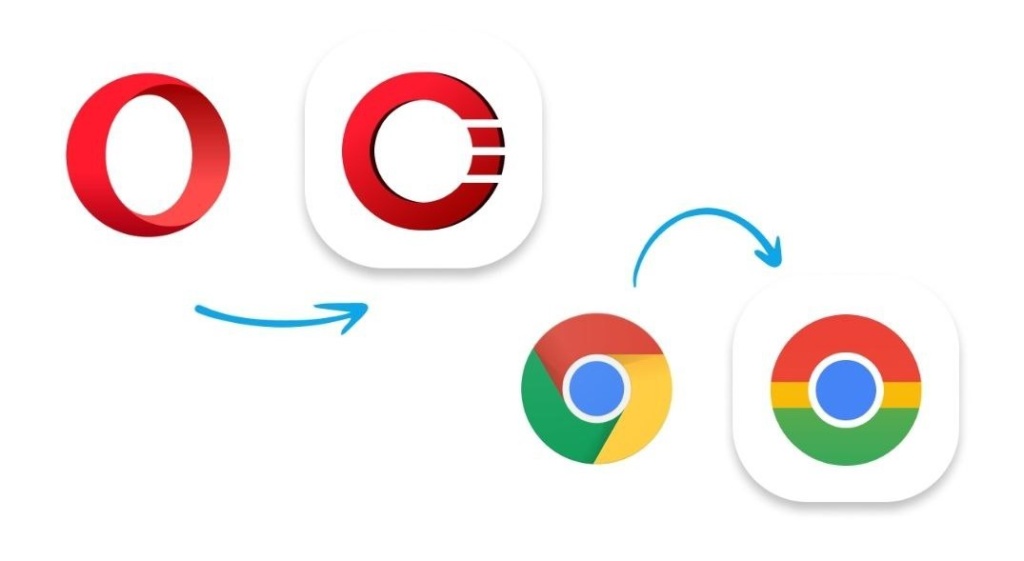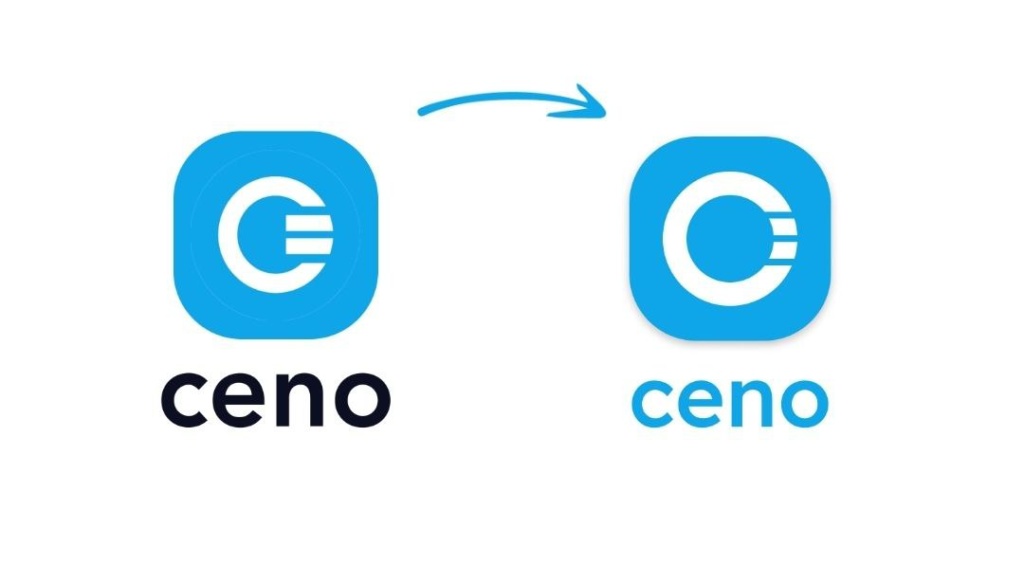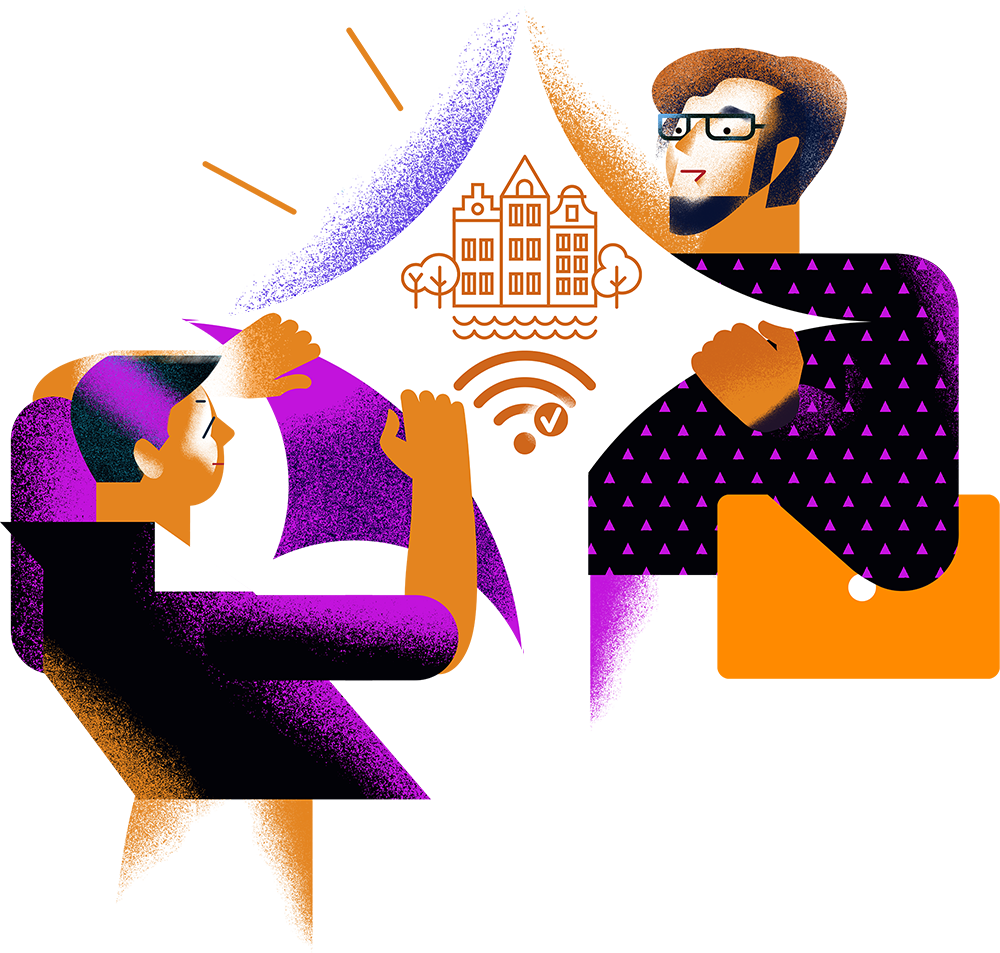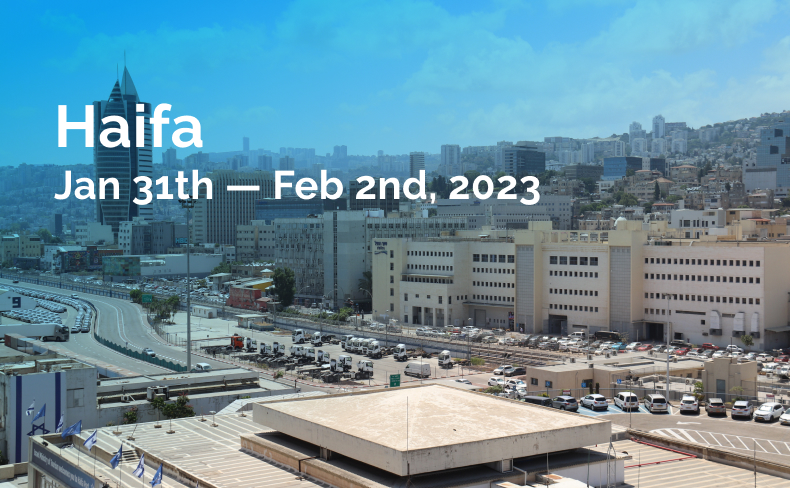On February 1st and 2nd, 2023, the seventh episode of the Hackathon Without Borders took place. Our challenges are oriented not only towards developers but also towards UX/UI designers, data analysts, and activists. This time, our hackathon had a more pronounced anti-war theme as we invited well-known anti-war civil projects to participate, in addition to our regular technical partners (Ceno, NewNode, AmneziaVPN, and others).
For example, the organization “Conscience Call“, which assists conscientious objectors, proposed two tasks, both of which were successfully implemented at the hackathon. Several anti-war initiatives wished to remain anonymous. They offered a series of tasks related to analyzing and visualizing data on casualties by regions, verifying volunteers for anti-war initiatives, and searching and analyzing data on criminal cases related to desertion and refusal to participate in mobilization. Let’s take a look at some projects whose creators managed to win prizes and receive positive evaluations from mentors. A total of 8 teams were awarded for successfully completing tasks from 5 different projects.
Conscience Call
At the Haifa hackathon, participants were able to accomplish two tasks proposed by the Conscience Call project. Firstly, a prototype website with instructions for conscripts was created. Previously, the instructions were scattered between the project’s Telegram channel and Instagram, making it difficult to find the materials, especially in stressful situations when immediate help is needed to avoid conscription or return home from a distribution point. Hence, the idea arose to create a simple and user-friendly website where one could quickly find the necessary guides. The prototype website is available here.
Secondly, a prototype of a dialogue-based AI bot for the project’s hotline was developed. Currently, “Conscience Call” receives around 300 requests for legal assistance per week, which reached 1000-1500 requests during the peak of mobilization. All inquiries go through a Telegram bot and are processed manually. Therefore, the idea emerged to develop an “intelligent” bot that could classify requests based on keywords, partially automate the dialogue with the user, and provide the necessary instructions in response. The bot’s prototype is available here.
CENO
CENO Browser (censorship.no) is a mobile browser that resembles Firefox in terms of interface but utilizes a new suite of protocols called Ouinet, allowing access to blocked content even in conditions of conditional “Cheburnet.” CENO uses BitTorrent and operates on peer-to-peer (p2p) technology, which means CENO users not only consume content but also share it with others. In some countries, such as Iran, having a bypassing-blocks application on one’s device is considered a risk factor. If detained or subject to inspection, the police may become suspicious upon seeing this application on the user’s device. The idea of “disguising” CENO as an innocuous application emerged. Participants at the Haifa hackathon developed a series of icons to provide such camouflage and protect CENO users from unnecessary attention. Here are examples of these camouflage designs:


AmneziaVPN
The AmneziaVPN project promotes self-hosted VPNs and helps users easily deploy their own VPN servers. However, until now, most of the team’s efforts have been focused on developing and improving the technical aspects (supporting multi-protocol solutions, censorship resistance, etc.). As a result, for end users without technical skills, the Amnezia VPN application may have seemed less intuitive. At the Haifa hackathon, a UX analysis of the application was conducted, and a series of specific recommendations were made to simplify and optimize the user interface and improve the UI. Several teams competed for the prize, and the winner was verymoko. You can see the results of their work here.
The second task from Amnezia VPN was more technical – to add support for an Amnezia Docker container with v2ray/vless or similar. This technology disguises the VPN to avoid detection and blocking, and it is very popular in China. The winner of this task was Aleksandr Gertovskiy. You can see the results of their work here. Currently, Amnezia VPN is implementing the winners’ contributions into their application.
Anonymous Task: NLP Analysis of Obituary Texts
Finding reliable information about the casualties among Russian troops is quite challenging. Activists from an anti-war organization set a task to create a more accurate profile of fallen soldiers, including their occupation, regional distribution, information about the military units they belonged to, and circumstances of their death. The task was to be accomplished through the analysis of obituary texts, which are actively published on social media platforms such as VKontakte or Odnoklassniki. The task authors identified the parameters of interest and provided examples of sources where obituaries are collected. During the Hackathon in Haifa, the team managed to propose a prototype solution. The presented prototype extracts full names, rank, position, birth and death dates from the obituary text and is user-friendly. You can view the code here.
Anonymous Task: Creating an Online Dashboard for Casualty Statistics
Within the scope of this task, the objective was to create a frontend with predefined metrics for visualizing data on casualties. For example, a map showing mortality rates distributed by administrative regions, casualties per capita, and so on. During the hackathon, two teams managed to partially tackle the task. One team developed a prototype with data analytics on war casualties. You can view the results here. The other team developed an engine for the website (code).
All teams received cash prizes, and the results of most projects are currently being implemented into final solutions. The next Hackathon Without Borders will take place in Prague on March 24-25. We will continue to develop the hybrid format of the event, where participants can choose technical tasks related to the themes of a free internet or projects addressing anti-war initiatives.

